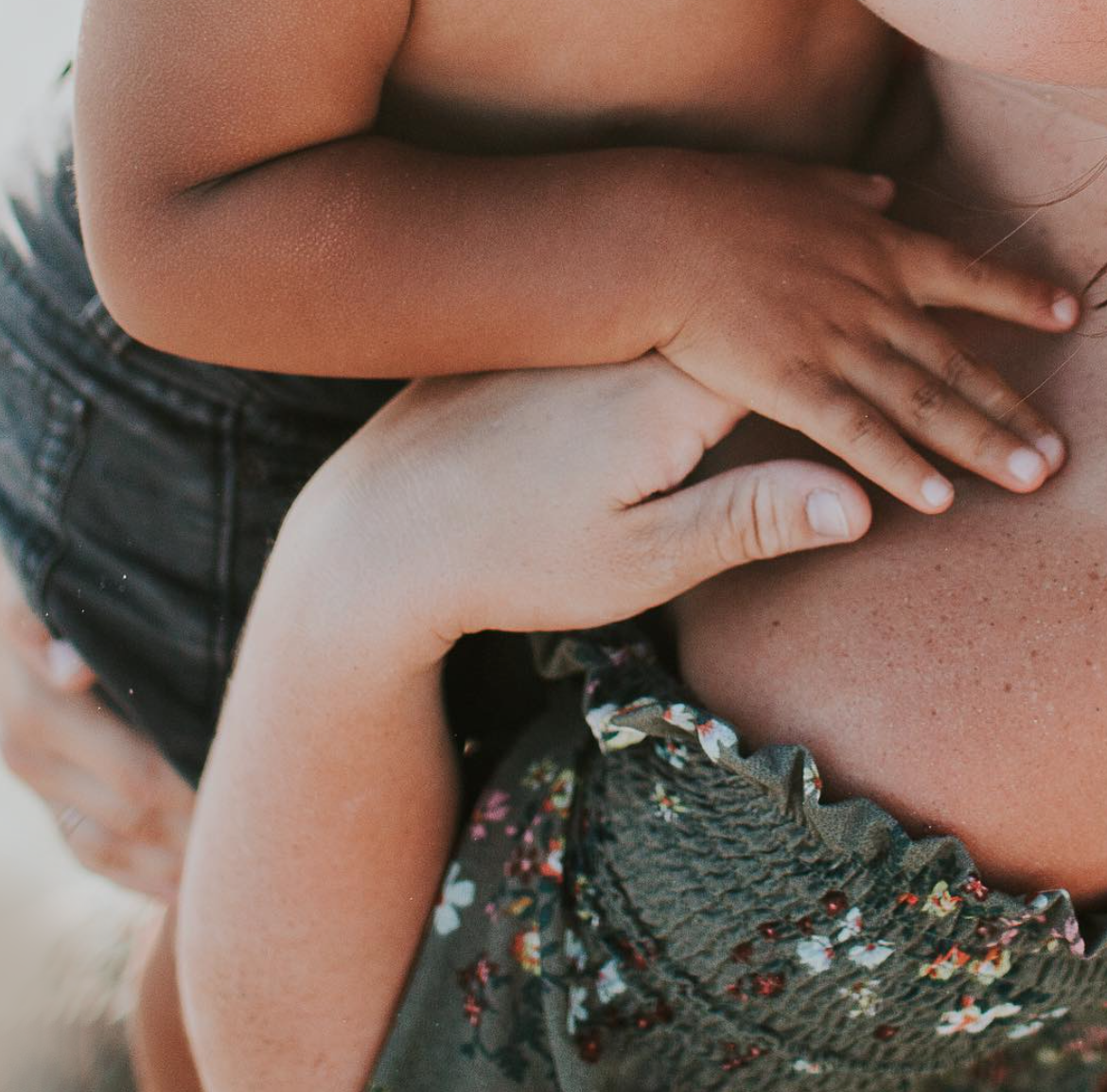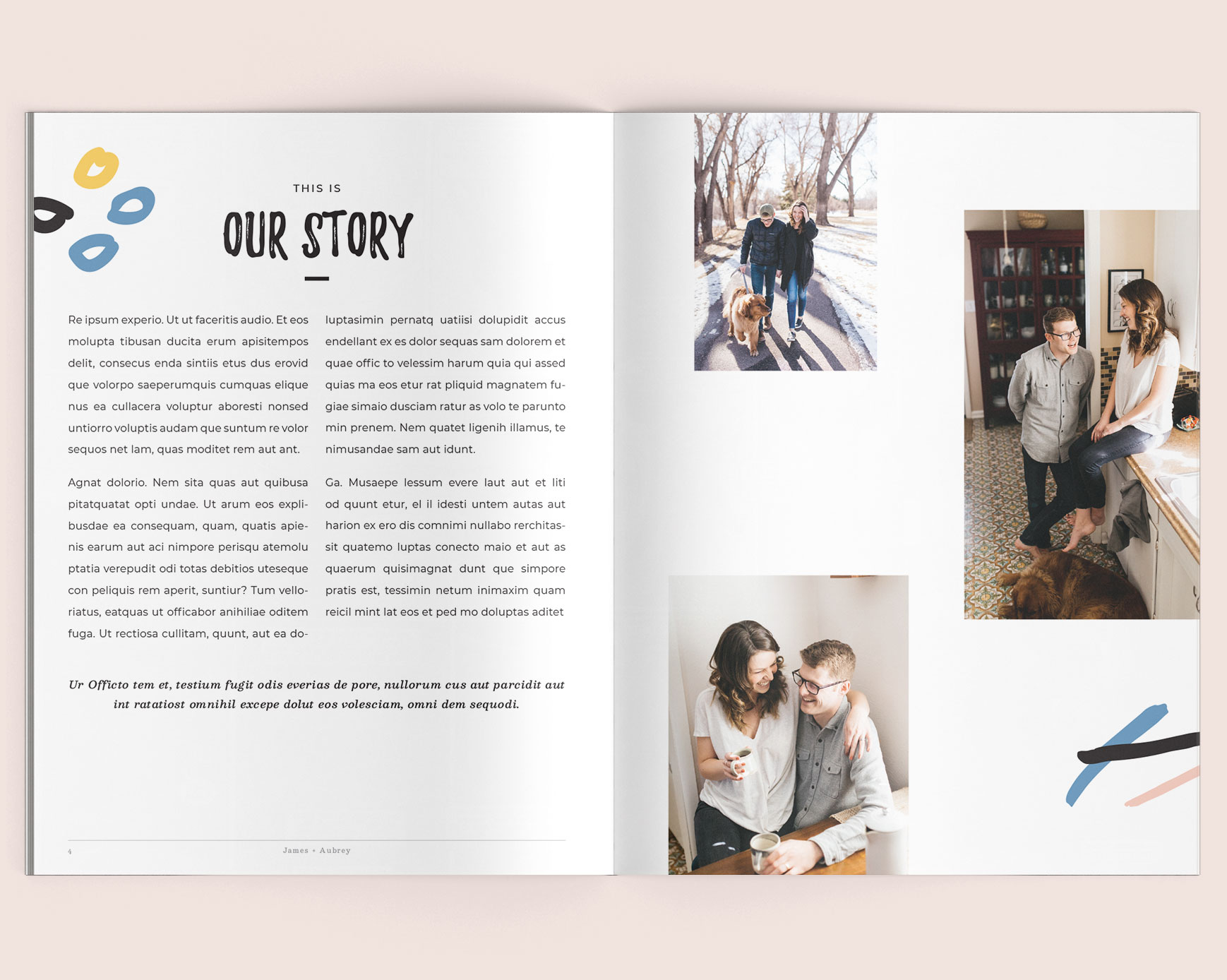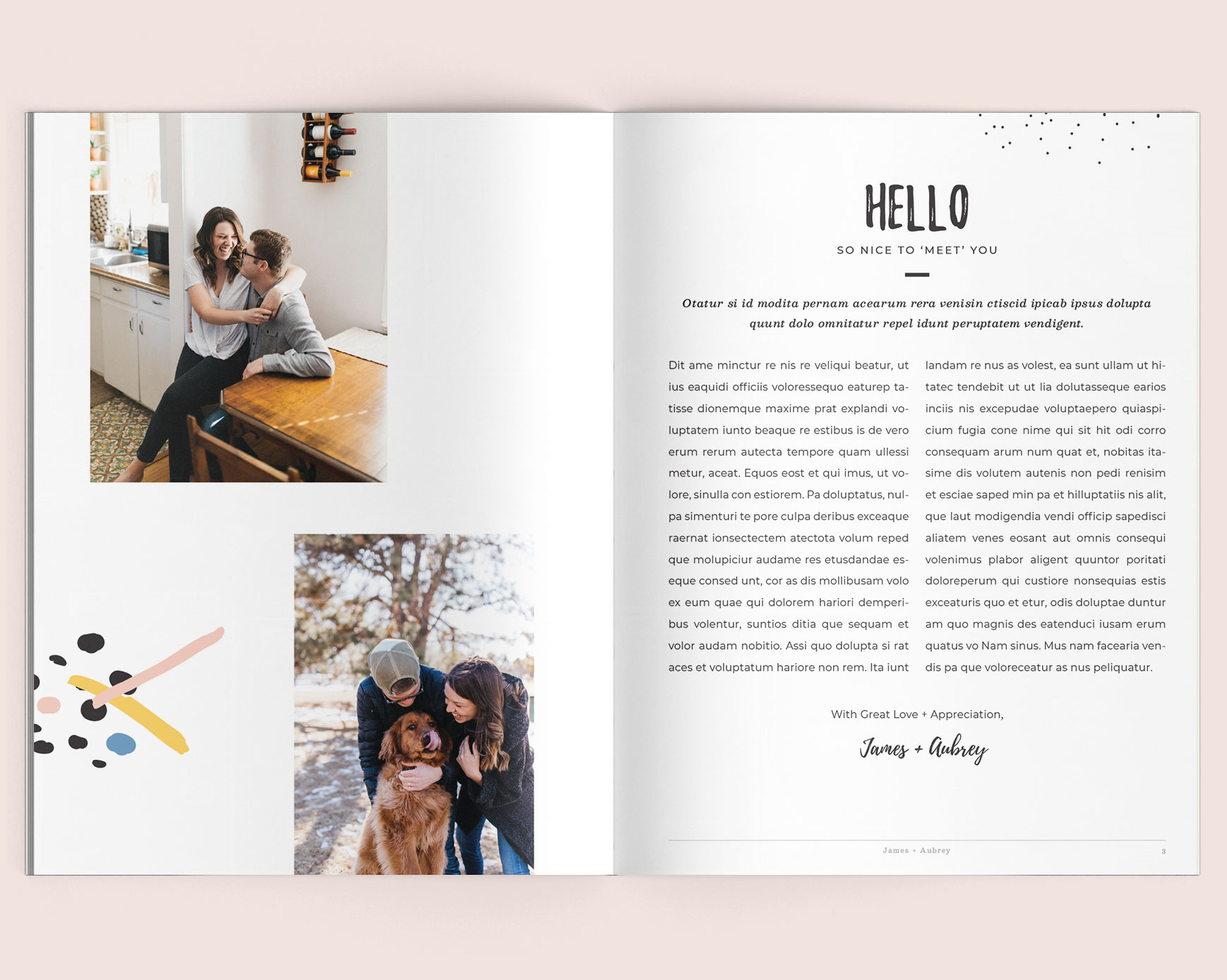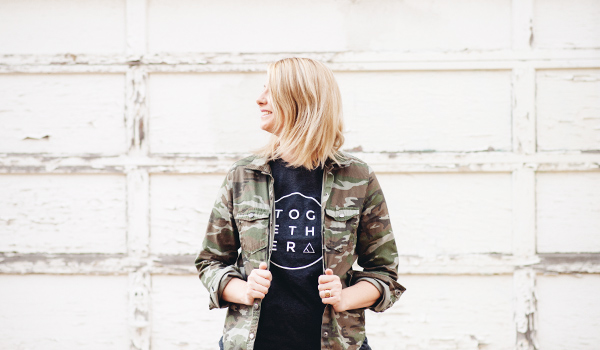Storytelling is my favorite past time. As a Southerner, It comes naturally to me. My father can tell you stories that may be only 10% true but 90% entertaining. He always says “don’t let the facts get in the way of a good story”. As tongue and cheek as that phrase sounds, it is the heart of good southern storytelling. We sit on the front porch with sweet tea and rocking chairs and talk about the good ole days, or sometimes the not so good ole days. It is a piece of motherhood that I could not wait to participate in. It is a piece that I thought I would “slay all day” as the t-shirt says.
As fun as storytelling is, there is a sacred piece of it that is missed by many. These stories are told to us to learn from and to remember. To remember people and legacies that have gone on before us. As an adoptive parent, it is one of the reasons I started writing soon after our son was born. However, as he grows, I struggle with the balance of his story vs my story. What is mine to share and what is his? It is one thing to tell my story of infertility, my story of struggle. It is another to tell his story. One he could be judged on, made fun of, and asked uncomfortable questions because of.
When I found out that we were chosen, y’all I could not contain myself. Literally I told everyone. The entire tragedy of adoption went over my head. I was filled with joy. I want each of you to know that JOY it is ok to feel. Yes, feel all the Joy! However, something I did not do, is feeling the joy with boundaries. My personality feels joy and immediately acts on it. It is the sweet part of me and the sour as well. I shared ultrasound pictures, I accidentally told someone we mutually knew that I was not supposed to tell, I threw a fit when his biological mother shared pictures of him on social media. How this woman saw the diamond in the rough in me is BEYOND ME. The truth is, I did it wrong. And I regret it. But you, hopeful adoptive mama, have the opportunity to not have the regret I have. You have the chance to do it differently and protect your child’s story – because we are the gatekeepers, and our responsibility is to our children, not strangers that need education. I made all of the bad decisions that I now tell y’all not to make. I did all the wrong things.
As he gets older though, balancing, even this blog, is tricky for me. Which parts are sacred? Which parts can serve to help another parent possibly struggling? Which parts are not mine to share?
Often times, in adoption, it gets so focused on the biological parent vs the adoptive parent, that the child gets lost. The fact that it is THEIR story, gets watered down because of the pain or tragedy surrounding the circumstance.
So, in this digital age of sharing, how do we navigate it?
While I am only six years in, I have begun setting boundaries around what I share. I have the blessing of a wonderful open adoption. Our son’s biological mother serves as a great balance for me. If it involves both of us, I always ask before I post. I know many may not have that type of relationship. However, before you post, always think of the biological family. Always think of what they would think if they saw it. Regardless of your relationship with your child’s biological family, that family will always and forever be a piece of them. Always. Fill as much space as you can with love and grace.
Speak for yourself, not your child. While, we like to think we are experts in all the things, speaking for your child should not be one of them. Speak from your perspective. Speak from the voice of a parent but never use any platform to speak for them. Allow them to fill that space when they get older, if they choose to do so.
Lastly, be tender on social media. I have learned a POWERFUL lesson with social media recently. As someone that leads with vulnerability, I learned sadly that people can twist and manipulate what you say. So while vulnerability, is good, being real is good, being honest is good, it is also good to keep things close to your chest. It is ok to set some perimeters around the sacredness of your heart. Protect your heart and your children’s heart from people who may not share the same values or have the same intention.
Using these tools will not guarantee you navigate adoption perfectly. However, it will serve as a foundation that places tremendous value on not only your story but your child’s story. It will allow us the ability to perfectly balance storytelling and boundaries that allow space for everyone to be heard.
Xoxo
Jenni
Jenni and her husband, Dwayne are parents to their amazing son Dean who joined their family through domestic infant adoption. Jenni is currently a graduate student pursuing her master’s degree in Marriage and Family Therapy. She serves as an adoption educator with Lifetime Healing and loves to write about her journey through open adoption, motherhood, and infertility. Jenni and her family live in beautiful Orange Beach, Alabama where she serves as the Executive Director of MAAAC, which raises funds for the local Middle and High School. In her spare time, her days are filled with jeep drives, dance parties in the kitchen, fishing, yoga and reading her favorite books on the beach.











ChristineI am on a journey myself of sharing the story publicly about healing my daughters who were adopted from foster care. They both have a very Challenging mental heath diagnosis from In utero exposure.
I had to weigh their privacy/our privacy and their story being shared. I also had to weigh the future of other moms and families with this same diagnosis. How I decided was asking myself, why is it ok for people to talk about how their child suffers with adhd or has anxiety or even cancer? Why are certain topics completely acceptable? Why is saying my daughter was born addicted to meth vs. my child was born with a hole in her heart completely different?
I’m honestly asking these questions because these questions are what have propelled me to tell my story of adoption/ foster care/in utero exposure and mental health diagnosis’. Their stories are my stories because there is no change to their story without the adoption.
Their stories may be painful and difficult but they are a story that has similar details to over 450,000 children in the foster care system. Or over 150,000 children adopted from the system each year.
When we begin to start sharing these painful stories without a stigma attached to them, they will become similar to when we hear the word “cancer” or “diabetes.”
There is no shame attached to those words.
It is time for us and our children to stop living in shame over painful stories.
My daughters didn’t choose to be born addicted. They didn’t choose to be neglected or abused but it also isn’t the end of their story either. I personally believe that the very best stories are the stories of comeback! The stories of victory!
Many generations ago, mental health illnesses caused drug use in their birth families. I don’t know when it started but this cycle stops now.
I am so thankful for them to see how strong they really are. They will see this beautiful story someday when they are able to read it. I pray it will give other moms strength and healing when they feel broken walking this same road.